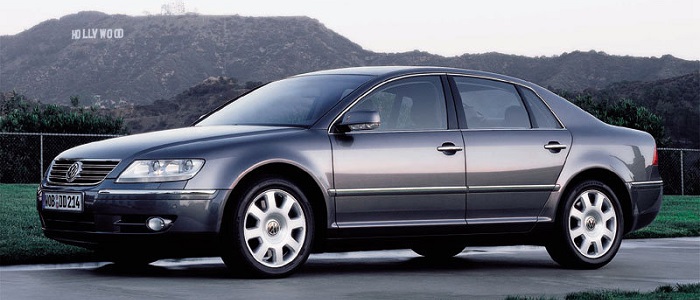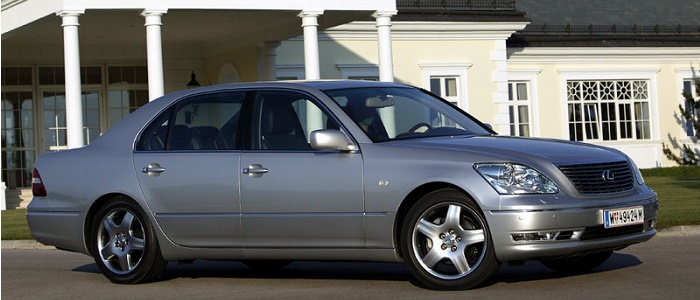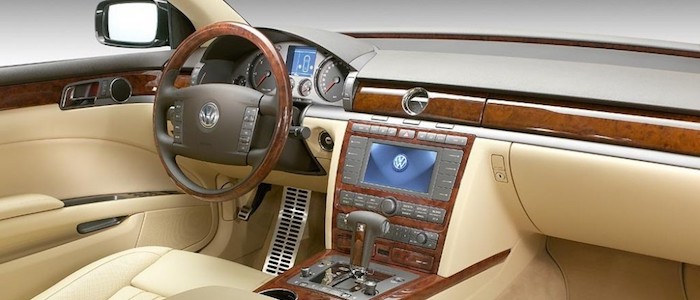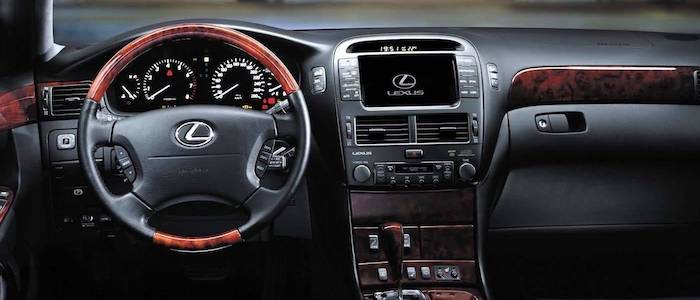Compare two cars
Compare any two cars and get our Virtual Adviser™ opinion
Dimensons & Outlines
Check vehicle history
Engine
Performance (manual gearbox)
Performance (automatic gearbox)
Expenses
Virtual Adviser's™ opinion
Two significantly similar cars, no doubt about that. Still, each one has something different to offer. Having both cars powered by petrol engines and utilizing the 4-door sedan body style within the same 'Executive car' segment, the only major difference here really is their wheel drive configuration (4 x 4 for the Volkswagen and rear in the case of the Lexus). The first one has a Volkswagen-engineered powertrain under the hood, a 12-cylinder, 48-valves 420hp unit, while the other one gets its power and torque from a 8-cylinder, 32-valves 285hp engine designed by Toyota.
SafetyUnfortunatelly, neither of the two vehicles was submitted to the European New Car Assessment Programme (Euro NCAP) testing. This makes it virtually impossible for me to pick one over the other and I'm generally against buying such cars as the safety should really always come first. That aside, let's consider some other aspects which affect safety. Both vehicles belong to the executive car segment, which is generally a fortune safety-wise, still it doesn't help us solve our dilemma, does it? Furthermore, when it comes to weight, a factor that most people underestimate, the German car offers a considerable difference of 25% more metal.
ReliabilityI don't like generalizing things when it comes to reliability, although it does seem that Lexus does have a slight advantage, when all the models are taken into account. These are the results of an independent reasearch, while our visitors describe reliability of Volkswagen with an average rating of 4.2, and models under the Lexus badge with 4.9 out of 5. Unfortunatelly, I don't have enough insight that would allow me to comment in more details on the specific models level. That apart, owners of different cars powered by the same engine as the German car rank it on average as 2.0, while the one under the competitor's bonnet gets 5.0 out of 5.
Performance & Fuel economyVolkswagen is a bit more agile, reaching 100km/h in 0.2 seconds less than its competitor. Still, it lacks the power to win the top speed competition, topping at 250 kilometers per hour, exactly the same as the other car does. When it comes to fuel economy an obvious choice would be the Japanese car, averaging around 11.4 liters of fuel per 100 kilometers (25 mpg), in combined cycle. That's 37% difference compared to the German car!
Verdict
Lexus is apparently more reliable, not too much, but just enough. The most important thing when deciding between any two vehicles should always be safety, both passive and active. In my opinion, everything taken into account, the German car offers significantly better overall protection, taking the lead here. It all continues in the same direction, with Volkswagen offering somewhat better performance, just enough to call it quicker. It does come at a cost though, and that's the fuel consumption... All together, there's not much more to say, in this case I wouldn't even consider anything but Lexus. In any case that's my personal view, built upon all the data available to me. What should decide here though is the way you feel about the two vehicles, and I hope you'll find my guidelines useful in the process. Also, you could use the oportunity to find out which car, everything taken into account, would be the perfect choice for you in the eyes of the virtual adviser™, out of 12.000+ vehicles we currently have in our database.

































